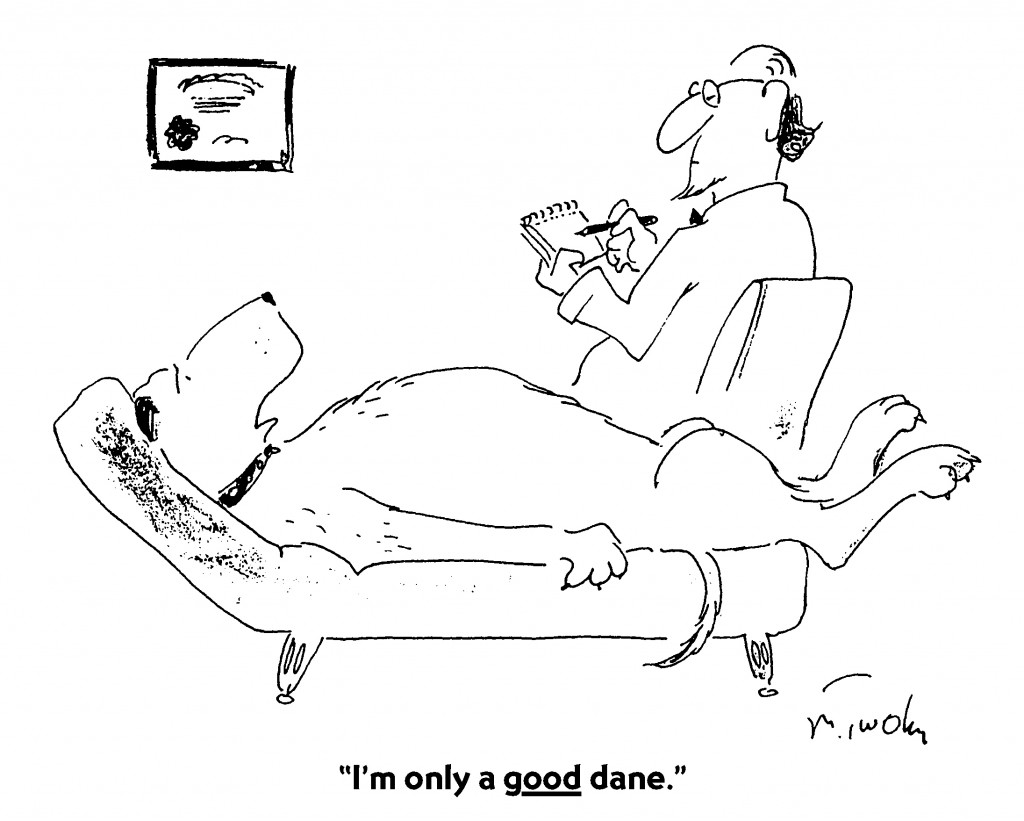Emotional-Focused Therapy
Emotion-Focused Therapy (EFT) was developed primarily by Leslie Greenberg, Ph.D. and colleagues at York University in Toronto, Ontario. Like cognitive therapy, EFT if a structured and focused treatment that has received empirical support with various disorders including depression, victims of childhood abuse, and marital dysfunction. However, EFT differs from cognitive therapy with its emphasis on:
- the focus on the constructive aspects of emotions, even painful and difficult ones. EFT emphasizes that all emotions contain valuable information that need to be brought into the open and understood
- making essential distinctions between emotional states.
How can EFT ADD to the Effectiveness of Cognitive Therapy?
- By helping the therapist look for the constructive aspects of emotions. For example, emerging anger in a client who is often submissive in relationships probably needs to be evoked, explored, supported, and validated.
- To help make clinically significant distinctions with difficult emotional states. This involves helping clients explore the full meaning of their emotional reactions. Possible benefits include assisting clients to sort through different layers of feeling; promoting emotional resilience by facing painful or dreaded feelings; determining whether feelings are adaptive and thus might guide behavior or maladaptive and therefore should be changed.
- EFT has elucidated the importance of fully experiencing all of the components thoughts, feelings, memories, unmet needs) and nuances of maladaptive emotions/schemas. When clients fully access the pain in their maladaptive schemas, they recognize the unmet need in pain (e.g. the need for security in the fear of abandonment; the need for self-worth in the shame of feeling defective; the need for compassion in the contempt of self-punitiveness). Becoming aware of such needs often provides direction and motivation to transform the unhealthy feeling. Research studies validate the link between such deep experiencing and positive change
For What Types of Clients Would EFT be Particularly Indicated?
EFT seems especially helpful to clients who are “over-controlled”, that is clients who tend to disavow or dampen their feelings. Like schema-focused therapy, EFT offers innovative change strategies to clients with long-standing seemingly intractable difficulties.
How Can I Learn More About EFT?
There are two websites that provide a good deal of material on the EFT model. Les Greenberg’s website (emotionfocusedtherapy.org) provides answers to questions about the model, as well as links to other useful cites. The Process-Experiential Therapy Website (process-experiential.org) contains a brief tutorial on a recent book, Learning Emotion-Focused Therapy published by the American Psychological Association (2004). This book, written for clinicians, is a comprehensive and clear description of the theory and clinical approach of EFT.
Dr. Les Greenberg has written a number of books on EFT. His most recent effort, Emotion-Focused Therapy: Coaching Clients to Work Through Their Feelings, is a thoughtful and down-to-earth description of the critical steps in accessing and understanding important emotions and then deciding intelligently whether to regulate, express, or change particular emotions.
